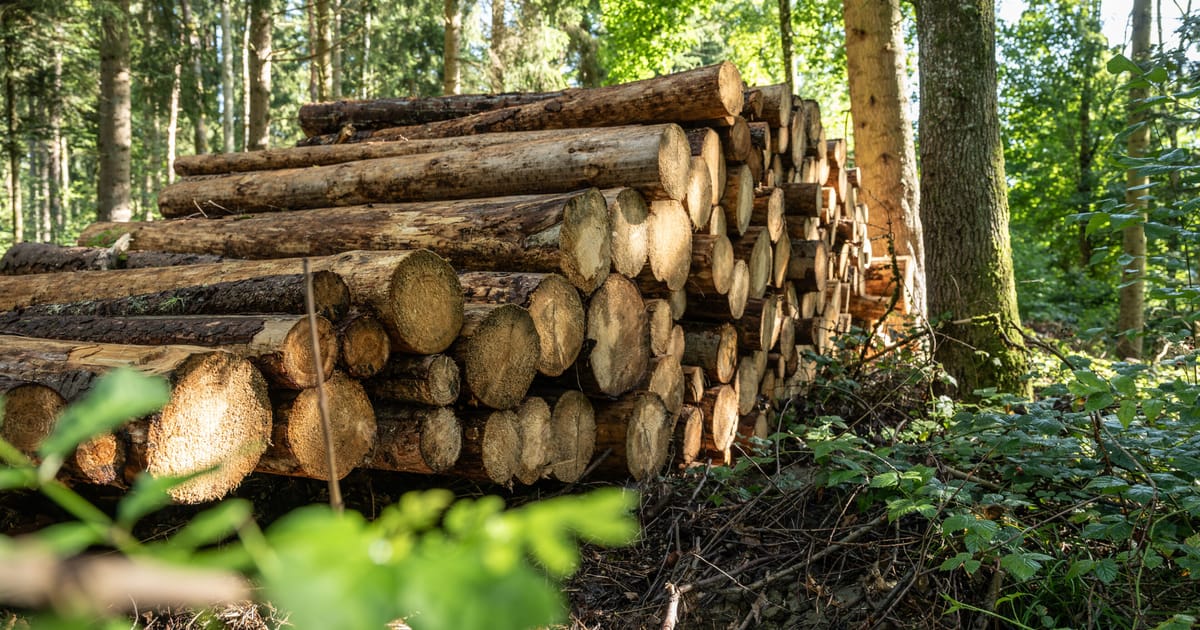Then, just hours later, lawmakers voted to reject a separate law designed to monitor forests’ health and resilience to climate change.
“Between Forest Monitoring and the one-year delay of the [EU Deforestation Regulation], this is a dark day for European forests,” said Socialists and Democrats Member of the European Parliament Eric Sargiacomo.
Forest ecosystems are home to over half of the world’s terrestrial species and, as natural absorbers of carbon dioxide, they play a crucial role in combating climate change. Protecting them has therefore been a central pillar of the EU’s environmental policy. But as the EU’s priorities shift toward industrial competitiveness and defense, support for forest protections has waned.
Announcing the proposed delay of the anti-deforestation rules, Roswall cited issues with the IT system handling businesses’ due diligence statements as the rationale. But the move falls in step with a long-standing demand from the center-right European People’s Party, the bloc’s biggest political group and one of the loudest agitators for slashing EU regulations.
The law — which requires companies to police their supply chains to make sure any commodities they use, such as palm oil, beef or coffee, have not contributed to deforestation — was adopted in 2023 and already delayed by a year in 2024 following calls by businesses saying they needed more time to comply.
This week’s announcement is seen as the latest in a long string of actions by the Commission since late last year to weaken or delay environmental rules passed under the European Green Deal, part of a grand push to boost the global competitiveness of European industry.
